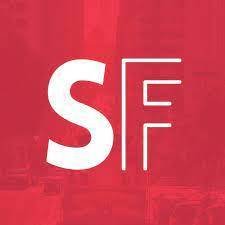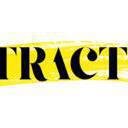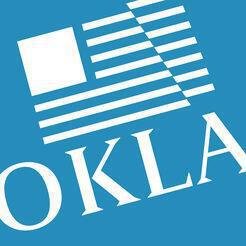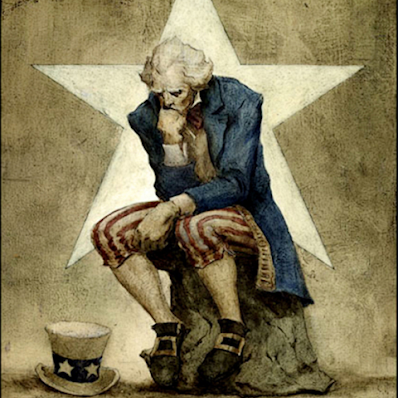- There’s an ‘economic blackout’ planned for Friday Feb. 28. The organizer is calling on participants to avoid any nonessential purchases for 24 hours.
- In order to be effective, boycotts need a lot of participation and very specific demands, according to Koen Pauwels, a distinguished professor of marketing at Northeastern University.
- The organization behind Friday’s call to boycott, The People’s Union USA, claims disrupting the economy for a single day will send a powerful message to corporations.
Full Story
A grassroots movement is calling on Americans to participate in an “economic blackout” Friday, Feb. 28. The organizer is telling people on social media to avoid making any nonessential purchases for 24 hours to show corporations “who really holds the power.”
“Feb. 28, the 24-hour economic blackout: No Amazon, no Walmart, no fast food, no gas, not a single unnecessary dollar spent,” boycott organizer John Schwarz said in a social media video during the week of Feb. 17. “For one day, we are going to finally turn the tables.”
Schwarz founded The People’s Union USA. The organization claims to be “a movement of people, unionizing to take back control of our economy, government and future of our country.” Friday’s economic blackout is its first action, according to the organization’s website. As of Thursday morning, Schwarz and The People’s Union raised more than $70,000 on a GoFundMe page.
Do boycotts work?
These types of boycotts “often don’t make an impact,” according to Koen Pauwels, a distinguished professor of marketing at Northeastern University.
“There’s great research that shows it does dent a company’s reputation, and that if they are prolonged, and if they are under the threat of being renewed, investors do adjust downward their future expectations about the profits of a company,” Pauwels, who also studies the impact of online movements, said.
Pauwels said a successful boycott needs two major ingredients. The first is enough participation, which cannot be determined until after Friday’s action. But the second ingredient is already missing from the proposed “economic blackout.”
“For a boycott to be really effective, you also have to be very specific in your demands, so it should be something that the organization you’re boycotting can actually do,” Pauwels said.
“For our entire lives, they have told us we have no choice, that we have to accept these insane prices, the corporate greed, the billionaire tax breaks, all while we struggle to just to get by,” Schwarz said in his video announcing the “economic blackout.”
The economy is at the heart of Friday’s boycott
Inflation continues to affect Americans in 2025. Consumer prices are up 3% on the year while the cost of staples like eggs continues to soar.
Wages marginally outpaced prices in 2024, rising 3.7% for the year. Meanwhile, shareholders had a highly lucrative year. The S&P 500 climbed 23% while the Nasdaq jumped more than 28%.
An Economist/YouGov poll taken earlier this week found inflation and prices remain the top issue for 23% of respondents, followed by jobs and the economy at 12%.
Consumer confidence slumped in February 2025, according to The Conference Board. The 7-point decline is “the largest monthly decline since August 2021,” and marks an 8-month low.
‘A cry of the powerless’
“I wouldn’t call it the last resort, but [it is] kind of a cry of the powerless,” Pauwels said of this latest boycott movement. “So people right now feel that some things are being decided above their heads.”
The People’s Union claims disrupting the economy for a single day will send a powerful message. But it said it doesn’t expect immediate change from its targets.
“If they don’t listen (they wont) we make the next blackout longer (We will),” the People’s Union USA website reads.
“If this simply moves purchases to [Thursday] or Saturday that would have otherwise occurred, I don’t think the companies would mind,” Pauwels added. “They wouldn’t mind their Friday sales to dip if they just make it up the next day.”






















